Come True
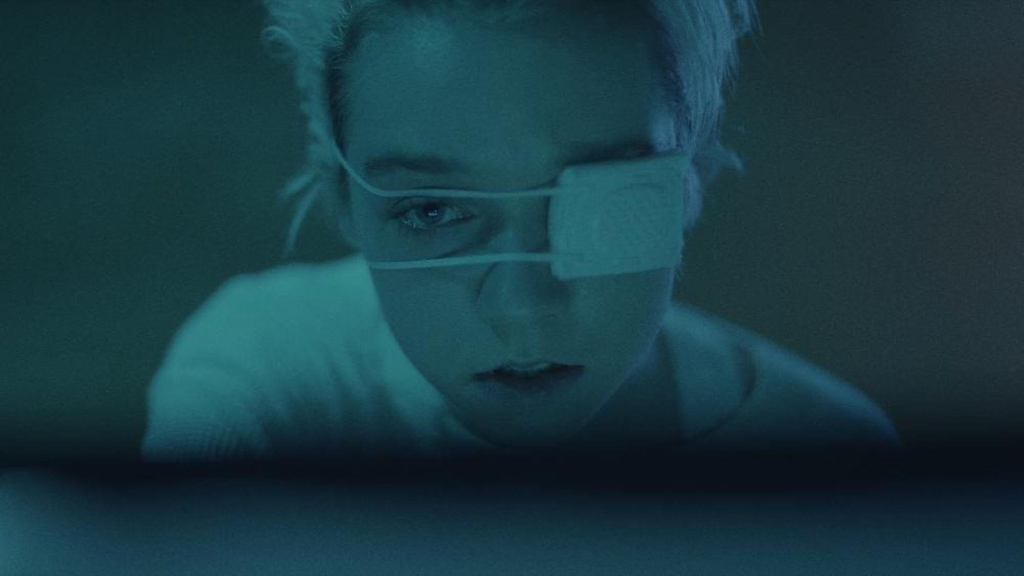
World-building is a tricky task. In horror and sci-if especially, diegetic holes will inevitably lead to dramatic ones; if new and futuristic concepts or technologies have to be introduced to audiences, they must be spelled out and operate consistently. Take A Nightmare on Elm Street – dream-monster Freddy Krueger is totally invulnerable, until it’s neatly established that he can be dragged into and killed in the real world if he is properly apprehended. In other words, the film has a solid set of rules it abides by; the characters’ problems and goals are understood, resulting in greater empathy and suspense in the audience. Come True, on the other hand, doesn’t work in the same way and, despite its clear affinity for horror movies of old, purposely forgoes classic rules for ambiguity, with predictably disappointing results.
The plot is original enough and is accentuated by some slickly dark effects and visual storytelling. In need of money and haunted by nightmares, teenage runaway Sarah (an appealing Julia Sarah Stone) enters a mysterious sleep experiment, overseen by iffy scientist Jeremy (Landon Liboiron) and his three or four useless colleagues, to pinpoint the nature of a bizarre dreamscape (think Dali/Kafka/Escher) that supposedly haunts the subconscious of all humanity. Given her dreams are more vivid than those of the other volunteers, she naturally becomes the scientists’ point of interest, but her increasingly surreal panic attacks deter her from continuing further, and signal that the boundaries between dreams and reality may be breaking down.
That’s all great as a framework, but the problems stem from the vagueness of the danger and characters’ meandering around it. The Canadian setting does well to remind viewers of the cerebral sci-fi of David Cronenberg, but unlike that, the exact threat and the means to explore it are kept deliberately thin. What the scientists want with these dream entities, beyond just getting a glimpse of them with their suspiciously out-dated tech, is bizarrely unclear. Even as the deathly creatures manifest in real life, there’s no progress made by anyone to try and stop them.
The second half is stronger, where the film almost survives on its impressive visuals and atmosphere alone, but the nocturnal odyssey that unfolds is let down by a far-fetched romance that’s introduced. The ambiguity descends from middling to eye-rolling at the film’s climax, where the “it was all a dream” trope is executed without explicitly saying so. The director’s unique ideas are regrettably too intangible; they serve the film’s theme of the unintelligibleness of the human psyche, but work frustratingly to the plot’s disadvantage. With no stakes or rules to the movie’s core idea, much intrigue or investment by the audience is prevented, and mostly leaves one wishing that the script had been sent to Cronenberg’s desk instead.
Ben Aldis
Come True is released digitally on demand on 12th March 2021.
Watch the trailer for Come True here:

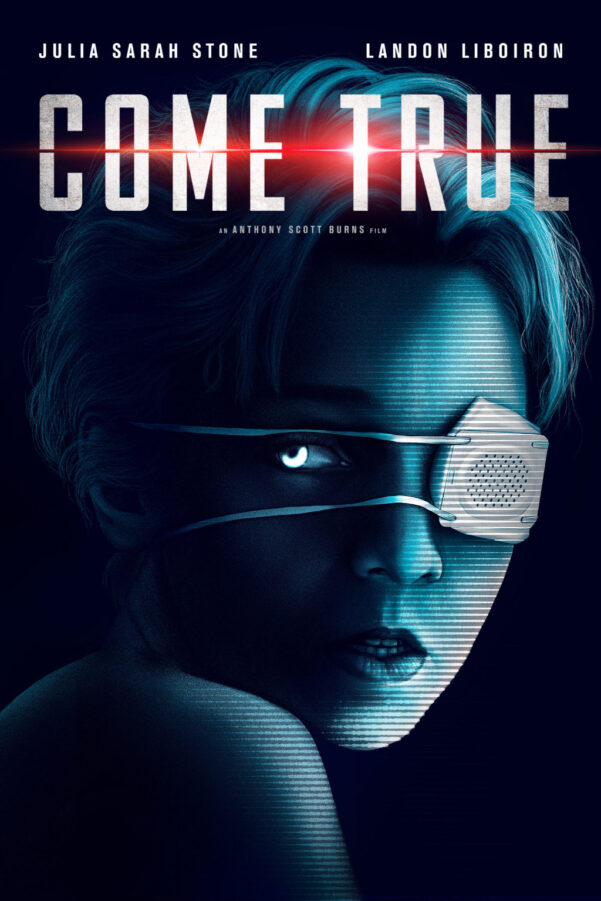
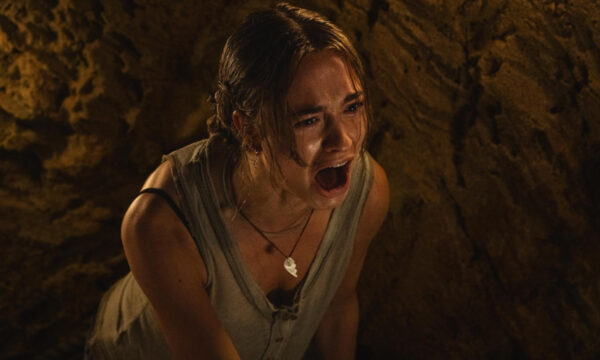
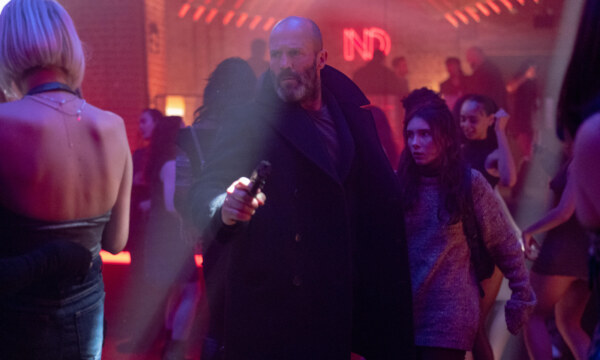



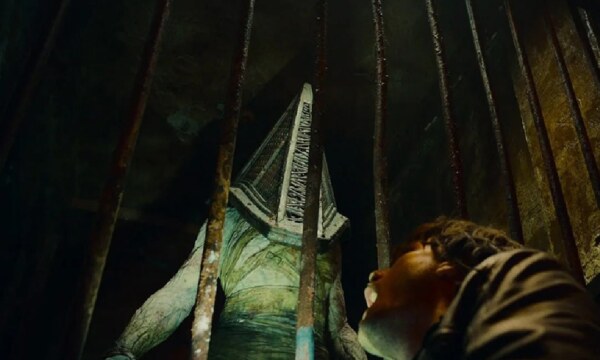











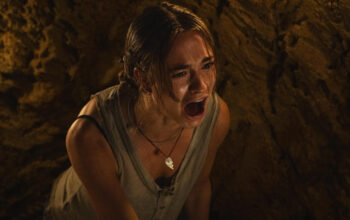


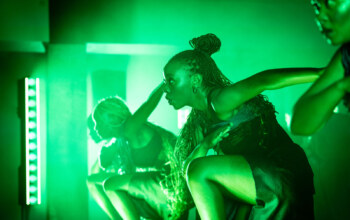
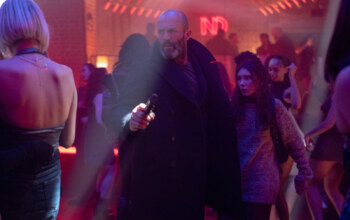
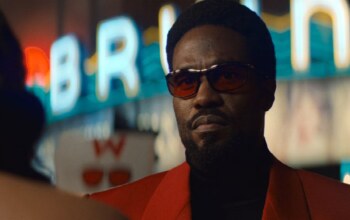
Facebook
Twitter
Instagram
YouTube
RSS